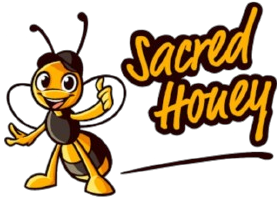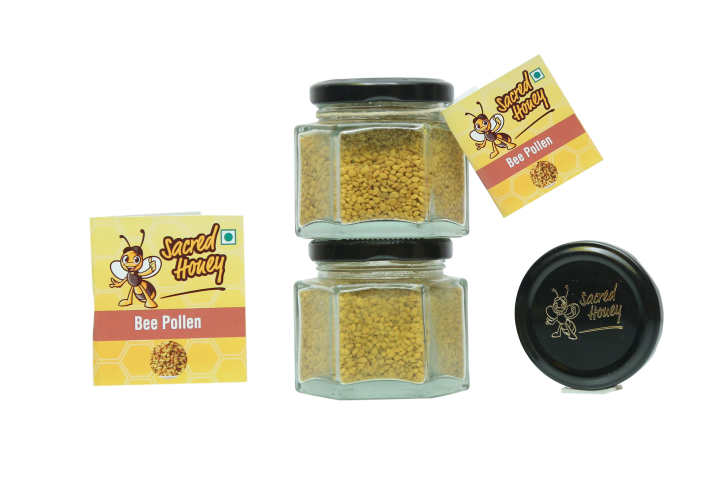Description
Bee pollen is a remarkable natural substance produced by honeybees as they collect pollen from flowers. Often referred to as nature’s superfood, bee pollen is packed with a diverse range of nutrients, making it a popular dietary supplement. Here’s a closer look at the key aspects of bee pollen:
1. Composition:
- Proteins and Amino Acids: Bee pollen is rich in proteins, containing all essential amino acids required by the human body.
- Vitamins: It contains a variety of vitamins, including B-complex vitamins, vitamin C, and vitamin E.
- Minerals: Bee pollen is a source of minerals such as iron, zinc, magnesium, and potassium.
- Enzymes and Coenzymes: Enzymes play a role in aiding digestion and nutrient absorption.
2. Health Benefits:
- Antioxidant Properties: Bee pollen is known for its antioxidant content, which helps neutralize harmful free radicals in the body.
- Anti-Inflammatory: Some studies suggest that bee pollen may have anti-inflammatory properties, potentially contributing to reduced inflammation in the body.
- Energy Boost: Due to its nutrient-rich composition, bee pollen is often considered an energy booster and is used by athletes for stamina and endurance.
3. Allergies:
- While bee pollen is a nutrient powerhouse, individuals with pollen allergies should exercise caution. Ingesting bee pollen may trigger allergic reactions in some people. It’s advisable to consult with a healthcare professional before incorporating bee pollen into your diet, especially if you have known pollen allergies.
4. Culinary Uses:
- Bee pollen has a mildly sweet and floral flavor. Some people enjoy sprinkling bee pollen on cereals, yogurt, smoothie bowls, or salads to enhance both the taste and nutritional content of their meals.
5. Bee Pollen Supplements:
- Bee pollen is available in supplement form, including capsules, granules, or powder. When selecting a bee pollen supplement, it’s essential to choose high-quality, reputable sources.
6. Sustainability:
- Harvesting bee pollen is done with care to ensure the well-being of bee colonies. Beekeepers collect pollen from the bees’ pollen baskets without harming the overall hive.
7. Caution:
- Pregnant or breastfeeding individuals, as well as those with pollen allergies or other health conditions, should seek advice from a healthcare professional before consuming bee pollen supplements.
In summary, bee pollen is a nutrient-rich and versatile substance that offers various potential health benefits. As with any dietary supplement, it’s essential to approach its consumption with awareness and, when in doubt, consult with a healthcare professional.


Reviews
There are no reviews yet.